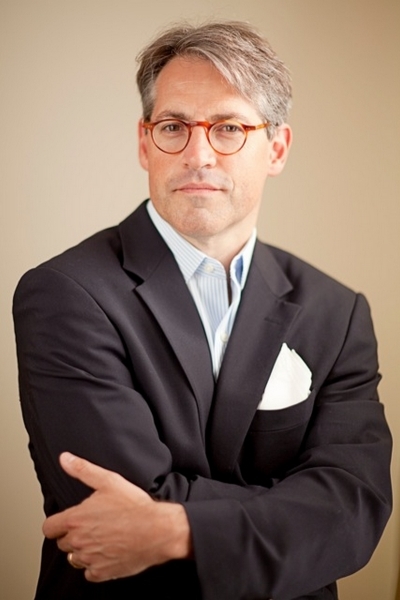Gender, Language and Ideology: The French Say 'Non!'

The words we use affect the way we think. And the proponents of gender-neutral language know it.
An important French institution recently warned the French people of a "deadly danger" in their midst that puts an important part of French life in "mortal peril." The danger being referred to isn't Islamist terrorism or even an over-fondness for Jerry Lewis movies—it's the attempt to modify the French language in keeping with contemporary political sensibilities.
To understand the issue, you have to understand that French, like other Romance languages such as Spanish and Italian, is gendered. Every noun, "from professions to household objects," is either male or female, as are the articles preceding them. In the case of things, such as people and animals, that come in both male and female, gender-specific articles and endings clear up any possible confusion.
Thus a male political candidate is "le candidate," while a female one is "la candidate."
Here endeth the language lesson.
A recent feminist campaign has sought to change French's gender rules. They have challenged why some nouns are gendered in the way they are: for instance, the French word for "desk," bureau, is masculine, while the word for "chair," chaise, is feminine.
In its report on the controversy, the Washington Post made these distinctions sound arbitrary, if not sinister. But French, like other Romance languages, generally follows the lead of their ancestral tongue, Latin.
More "substantively," French feminists claim that some usages, such as the one about candidates I cited above, "efface women from being seen in various personal and professional capacities."
So by way of combatting this effacing they have resorted to what's called "inclusive writing," which uses parentheses and other written symbols to effectively change the spelling of written French in a way that is in keeping with their ideological project.
Which brings us back to the "deadly danger" France faces. On October 26th, L'Académie française, the guardian of the French language, issued what the Post called a "fiery condemnation" of "inclusive writing."
It said that inclusive writing "leads to a disunited language, disparate in its expression, which creates a confusion that borders on illegibility." It asked, "How will the generations to come be able to grow up in intimacy with our written patrimony?"
While this may seem like a tempest in a very fine teacup, there are serious issues at stake. Last year, John Stonestreet told you about the late Peter Berger's experiences in Fascist Italy. What you called a stranger –"lei" or "voi"—revealed whether you were a fascist or an anti-fascist. Dangerous stuff in those days.
Today's "inclusive writing" proponents are very clear about the ideological basis for their efforts. As they told the Post "To really change mentalities . . . we must act on what they are built by: language."
Another way to say "change mentalities" is "impose ideology." And it isn't limited to France.
Here in the U.S., some universities are beginning to require that students be addressed by their preferred gender pronoun: he or she, or even they or "ze." And if you're a healthcare worker in California who repeatedly uses the wrong pronoun for senior transgendered patients, you could wind up in jail.
So you see, communication is not the goal. The goal is to first blur and then erase the distinctions between men and women, and of course, to separate gender from biological, linguistic, and spiritual reality.
In the face of this gender revisionism, let's join with L'Académie française and just say "Non!"
Originally posted at breakpoint.org




























